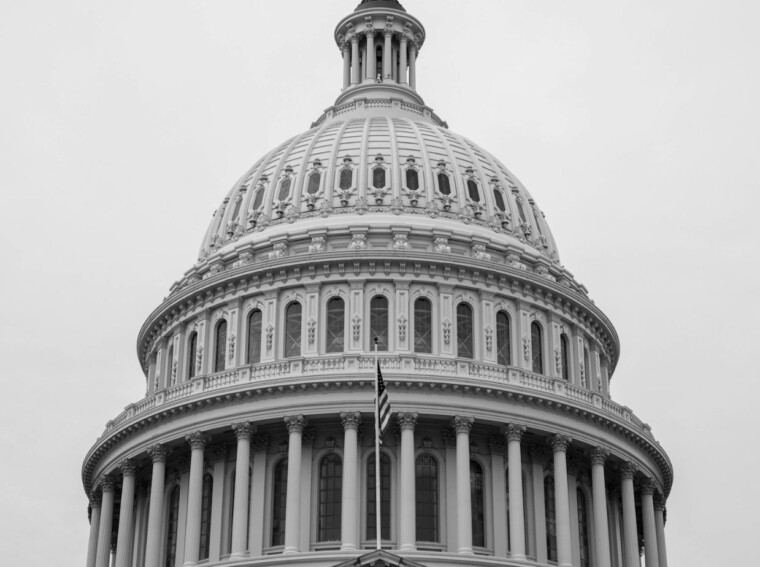In the ever-evolving landscape of cryptocurrency and online gambling, players must stay abreast of the legal frameworks governing these activities. As regulations shift and new laws emerge, players must understand their rights and obligations to engage in crypto gambling responsibly.
Let us explore the key laws and regulations relevant to crypto gambling in 2024 and how they better prepare players to navigate this dynamic environment.
Regulatory Landscape
The regulatory landscape surrounding crypto gambling continues to evolve, with governments around the world grappling with how to address this emerging industry. While some countries have embraced cryptocurrencies and enacted clear regulations to govern online gambling platforms, others have taken a more cautious approach, imposing restrictions or outright bans.
In jurisdictions where crypto gambling is legal, operators are typically required to obtain licenses and adhere to strict compliance measures to ensure consumer protection and prevent money laundering. Players must familiarize themselves with the regulatory requirements in their respective regions to ensure they are participating in legal and licensed platforms.
Legal Status of Bitcoin (BTC) Casinos
Bitcoin (BTC) casinos, which operate exclusively or primarily using Bitcoin as their primary currency, occupy a unique position in the crypto-gambling landscape. The legal status of BTC casinos varies depending on the jurisdiction, with some countries embracing cryptocurrencies and allowing for their use in online gambling, while others impose restrictions or prohibitions.
Crucially, players should seek out a reputable BTC casino that prioritizes compliance with regulatory requirements and offers transparent and secure gaming experiences to ensure they stay on the right side of the law.
Know Your Customer (KYC) Requirements
Many crypto gambling platforms implement Know Your Customer (KYC) procedures to verify the identity of their users and comply with anti-money laundering (AML) regulations. Players may be required to provide personal information and documentation, such as government-issued identification and proof of address before they can withdraw funds or access certain features of the platform.

While KYC requirements may seem intrusive to some players, they are essential for maintaining the integrity of the platform and preventing illicit activities. By adhering to KYC procedures, players can contribute to a safer and more transparent crypto gambling environment.
Tax Implications
The tax treatment of crypto gambling winnings varies depending on the jurisdiction in which the player resides. In some countries, gambling winnings, including those obtained through crypto gambling, may be subject to taxation. Players should familiarize themselves with the tax laws applicable to gambling earnings in their country of residence to ensure compliance with reporting requirements and avoid potential penalties.
Additionally, players should keep detailed records of their gambling activities, including winnings and losses, to facilitate accurate reporting to tax authorities. Failing to report gambling income can result in fines or legal consequences.
Responsible Gambling Practices
As with traditional forms of gambling, responsible gambling practices are essential when engaging in crypto gambling. Many crypto-gambling platforms offer tools and resources to support responsible gambling, such as self-exclusion options and access to support services for individuals struggling with gambling addiction, with some regions mandating the inclusion of these features, as seen with Gamstop by the United Kingdom Gambling Commission (UKGC).
By prioritizing responsible gambling practices, players can enjoy the entertainment value of crypto gambling while minimizing the risk of harm to themselves or others.
International Cooperation and Regulatory Harmonization
With the global nature of cryptocurrency and online gambling, there’s increasing recognition of the need for international cooperation and regulatory harmonization. Players should be aware of efforts by governments and regulatory bodies to collaborate on addressing common challenges, such as cross-border gambling transactions and regulatory arbitrage.

Understanding how international cooperation and regulatory harmonization initiatives may impact the legal landscape of crypto gambling can help players navigate potential regulatory complexities and ensure compliance with evolving standards.
Consumer Protection and Dispute Resolution Mechanisms
As crypto gambling continues to gain popularity, there’s a growing focus on enhancing consumer protections and establishing effective dispute resolution mechanisms. Players should seek out platforms that prioritize consumer rights and offer clear policies for resolving disputes, such as transparent terms of service and accessible customer support channels. Familiarizing themselves with available consumer protections and dispute resolution mechanisms can help players make informed decisions when engaging in crypto gambling activities, mitigating the risk of encountering issues related to fairness, compliance, security, or customer service.
Emerging Legal Challenges and Precedents
As the crypto gambling industry matures, new legal challenges and precedents are likely to emerge. Players need to stay informed about significant legal developments, such as court rulings, regulatory guidance, and legislative proposals, that may impact the legality and operation of crypto gambling platforms. Being aware of emerging legal trends can help players anticipate potential changes in the regulatory landscape and adapt their gambling practices accordingly, ensuring compliance with evolving legal requirements.

